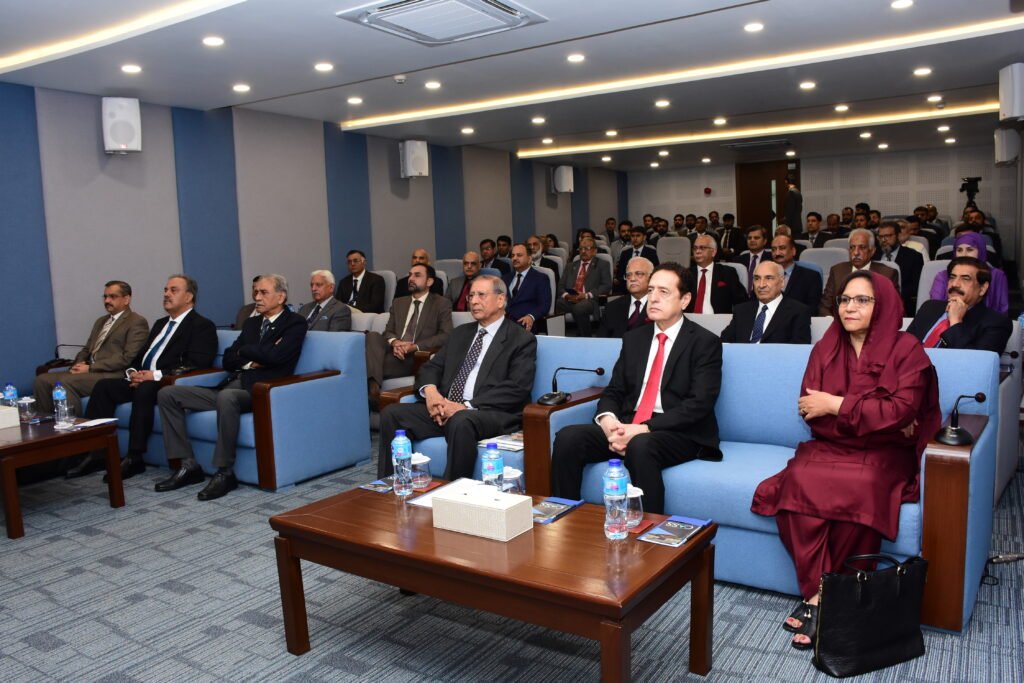
Seminar
Pakistan’s Foreign Policy Choices in the Evolving Global Order
The world is passing through a period of strategic turbulence and is in the midst of an era characterised by uncertainty and unpredictability. The global order is at a point of inflection. The most notable global developments include the rise of China, an assertive and defiant Russia, and the erosion of American preponderance. Rising geopolitical tensions and global economic volatility are keeping the world in an unstable state.
The United States views China as “the only competitor with both the intent and, increasingly, the capability to reshape the international order” and wants to constrain a resurgent Russia. The US has deepened its core alliances in Europe and the Indo-Pacific. The Indo-Pacific region has emerged as a key theatre of US-China rivalry. Russia’s invasion of Ukraine has renewed an East-West rivalry and has created unprecedented tensions in Europe. The Ukraine war has also created a tumult in the international commodity prices and the impact is felt far and wide.
India’s strategic and economic partnership with the US continues to deepen. India is relentlessly piling up military acquisitions, enhancing conventional weapons’ asymmetries. Under Mr. Narendra Modi’s government, India’s attitude towards Pakistan has remained hostile. After India’s illegal and unilateral actions of August 5, 2019, Pakistan downgraded its relations with India. The stalemate continues to persist.
The Taliban regime in Afghanistan remains internationally isolated since it came into power in August 2021 and the Afghans continue to suffer. In recent times, there has been a significant rise in attacks by elements belonging to the Tehreek-e-Taliban Pakistan (TTP) from across the border. The Afghan conundrum poses a challenge to Pakistan.
The dynamics of the Middle East are shifting. The futuristic worldview of Saudi Arabia has led to a more pragmatic approach.
Despite its historic partnership with the US, Saudi Arabia has gradually built closer ties with China and a partnership with Russia in OPEC+. The recent rapprochement with Iran has huge potential, raising hopes for eventual peace in Syria, Lebanon, and Yemen.
Years of mismanagement and lack of meaningful reforms have weakened Pakistan, making it dependent on others. In the evolving global order and because of serious internal weaknesses, Pakistan’s foreign policy challenges have become more complex. This seminar explored and suggested possible foreign policy options for Pakistan.
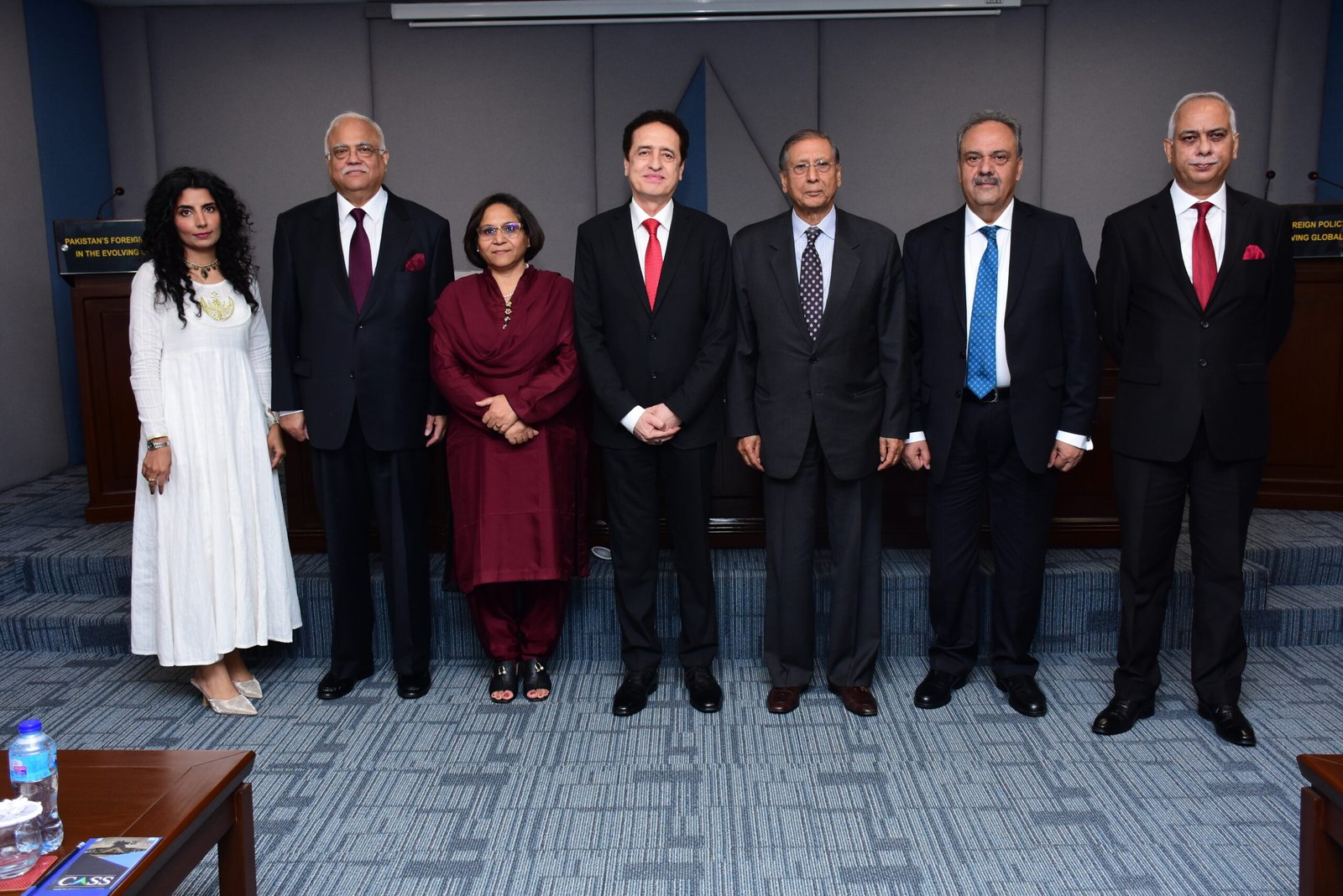
Key Takeaways
The world is in a state of strategic flux with rising geopolitical tensions, power shifts, and nationalistic trends. The US and China are engaged in intense rivalry, with China posing a significant challenge to US global supremacy. Pakistan should strengthen its strategic partnership with China while balancing relations with the US and other powers. Economic ties with neighboring countries and emerging markets must be prioritized, alongside enhancing internal stability and economic self-reliance. Relations with India should be pursued with dignity, focusing on Kashmir and other unresolved issues. Strengthening ties with Afghanistan, Iran, and Gulf countries, and enhancing multilateral engagement are key to Pakistan’s foreign policy.
Policy Considerations
Pakistan should adopt a balanced approach in its relations with great powers, prioritising both its strategic partnership with China and economic ties with the US-led West. Economic diplomacy must be given high priority to ensure national security and growth. Strengthening relations with Russia, EU states, and emerging markets is essential, alongside deepening the partnership with China and fast-tracking CPEC. Pakistan should reorient its ties with the US, focusing on trade, technology, and sustainable development. A principled stance should be maintained with India, especially on the Kashmir issue, while fostering stronger relations with Iran and Afghanistan, particularly in addressing terrorism and security concerns.
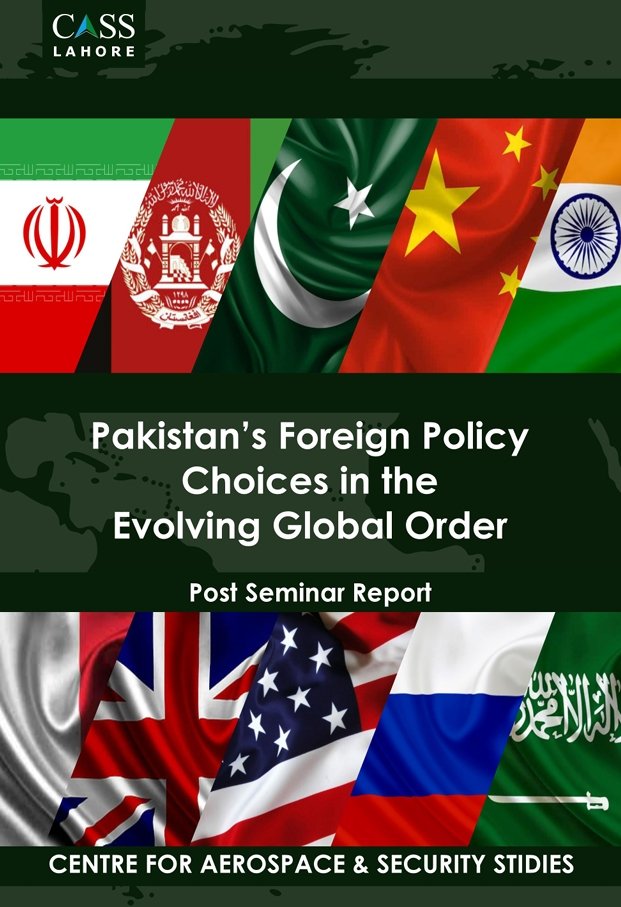
Post Event Report
A comprehensive overview featuring key insights, expert discussions, and strategic takeaways from the event.
Explore speaker highlights, recommendations, media coverage, and event photographs.
Guest Speakers
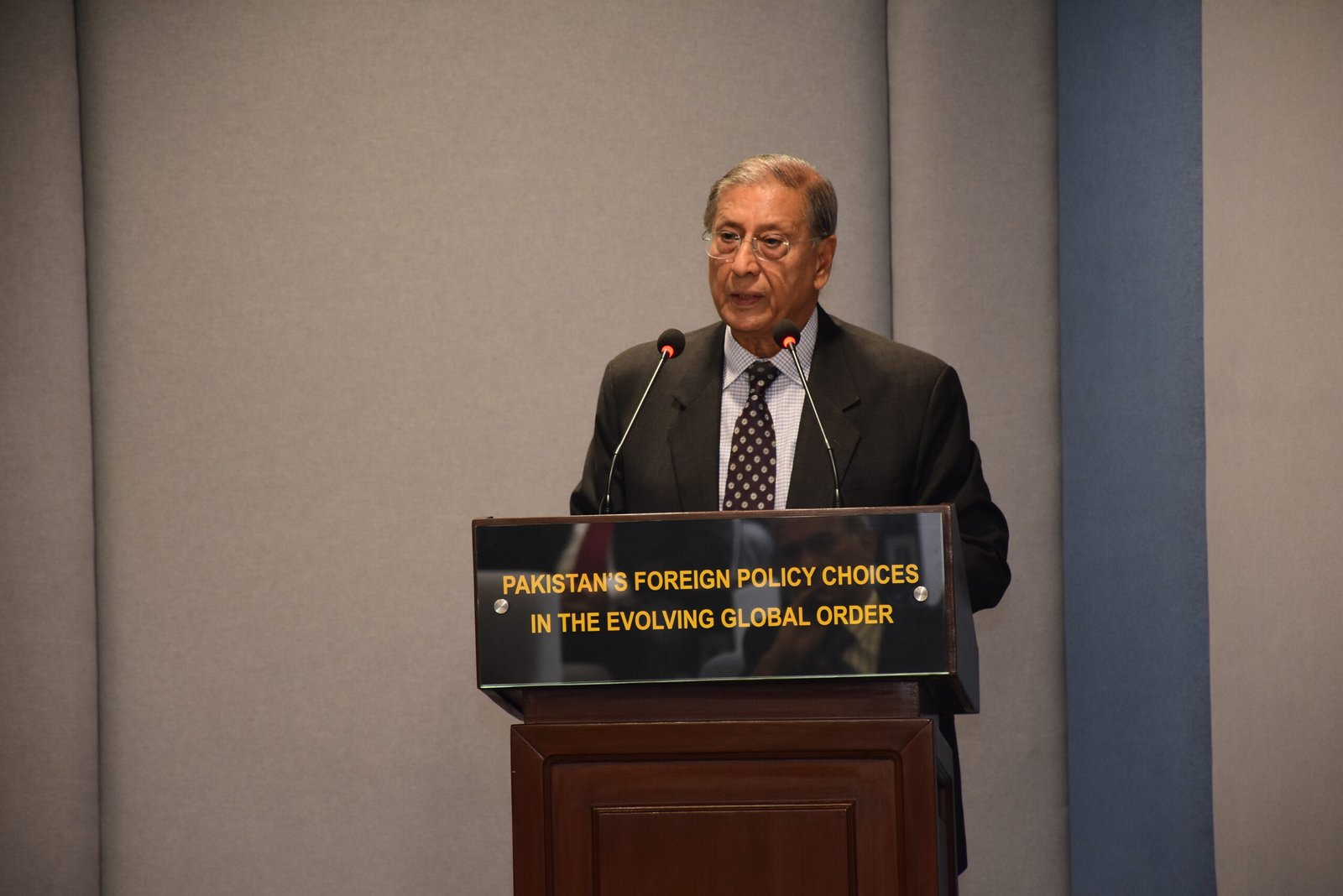
Ambassador (Retd) Javid Husain
Former Ambassador of Pakistan
Ambassador (Retd) Naghmana Hashm
Former Ambassador of Pakistan
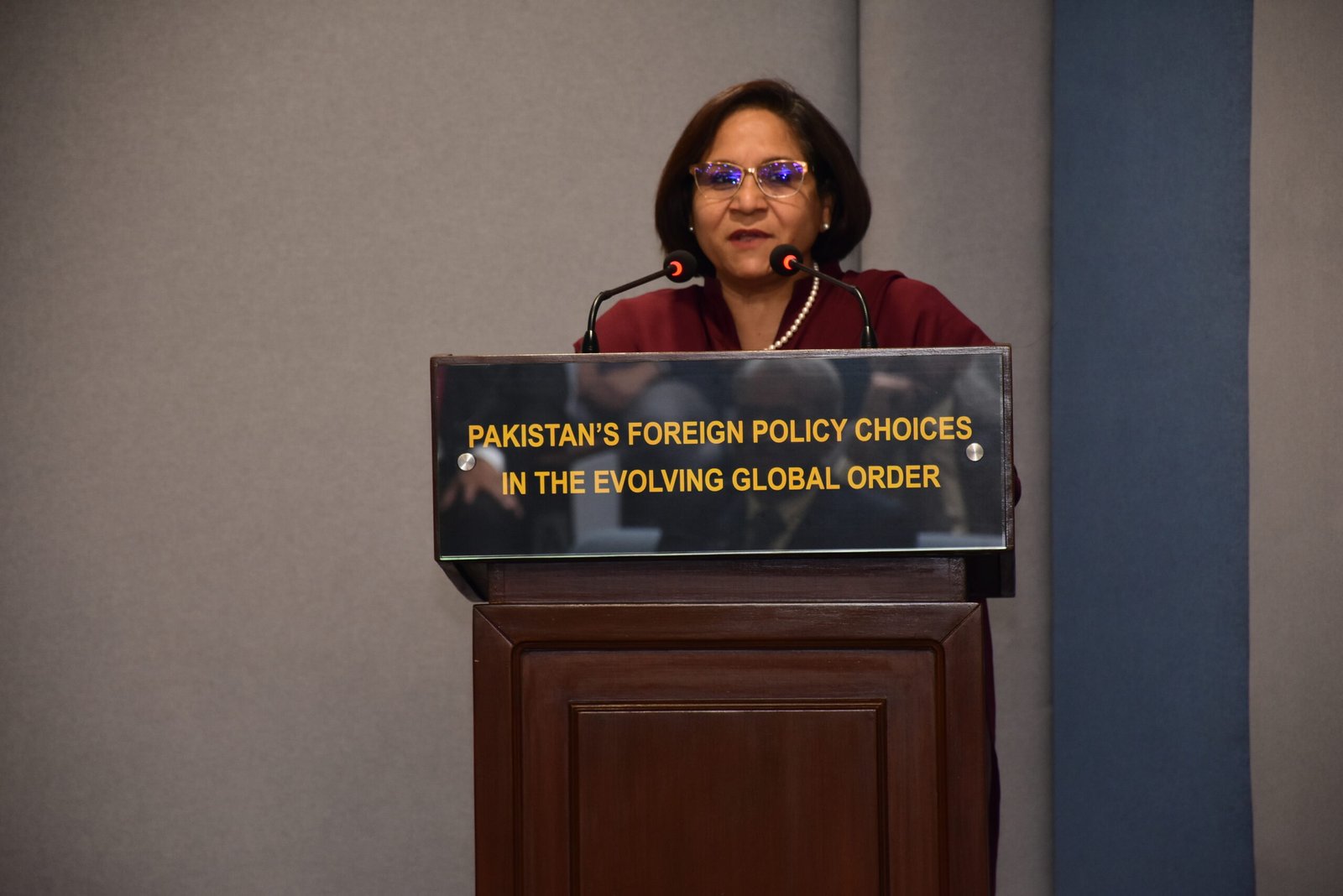
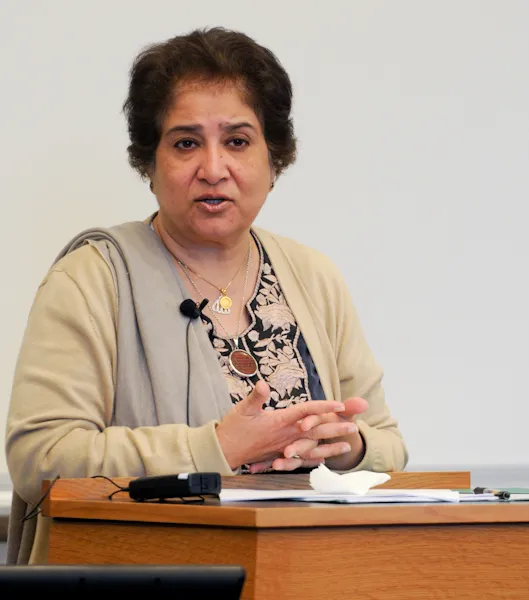
Ambassador (Retd) Riffat Masood
Former Ambassador of Pakistan
Ambassador (Retd) Asif Durrani
Pakistan’s Special Representative on Afghanistan
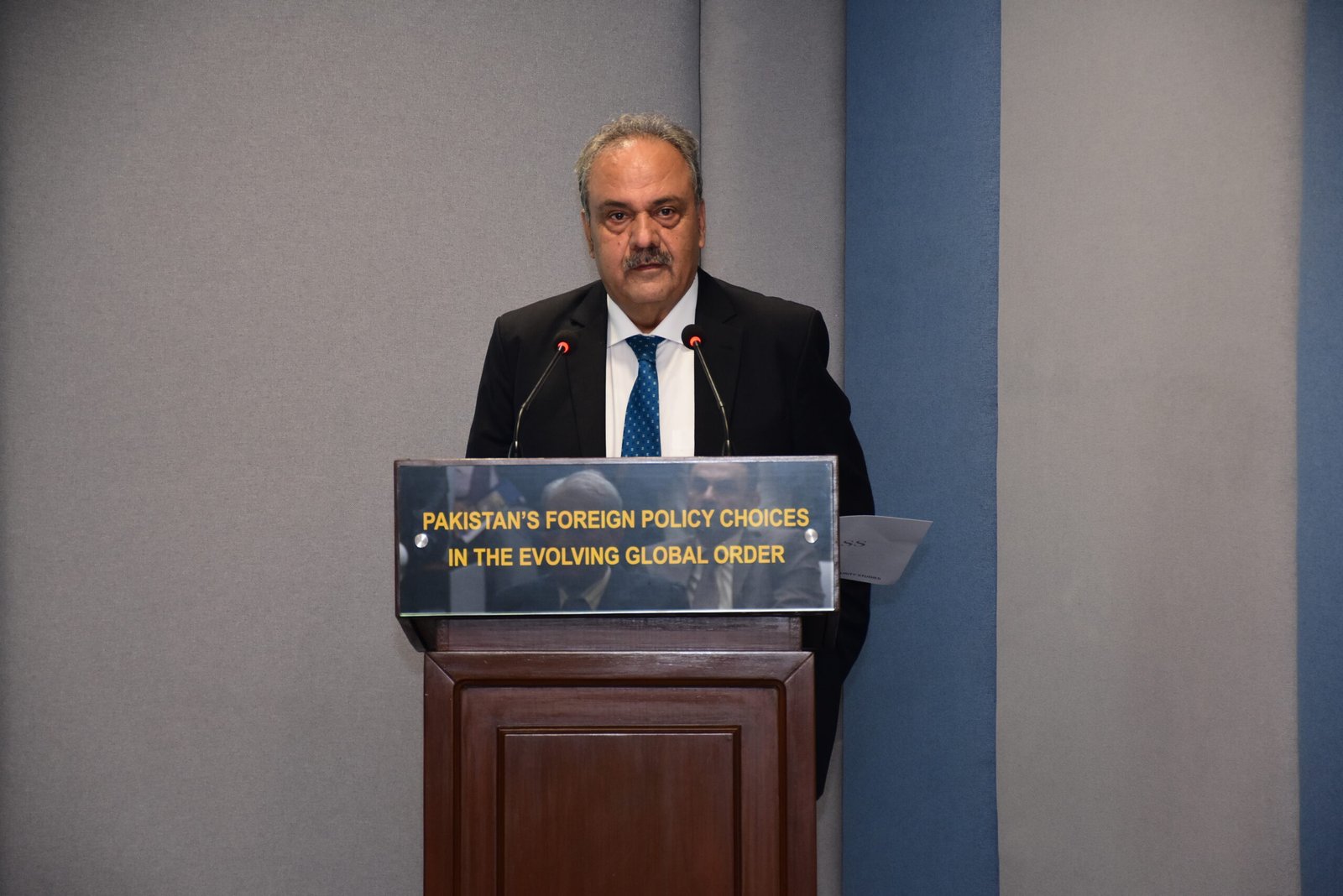
CASS Speakers
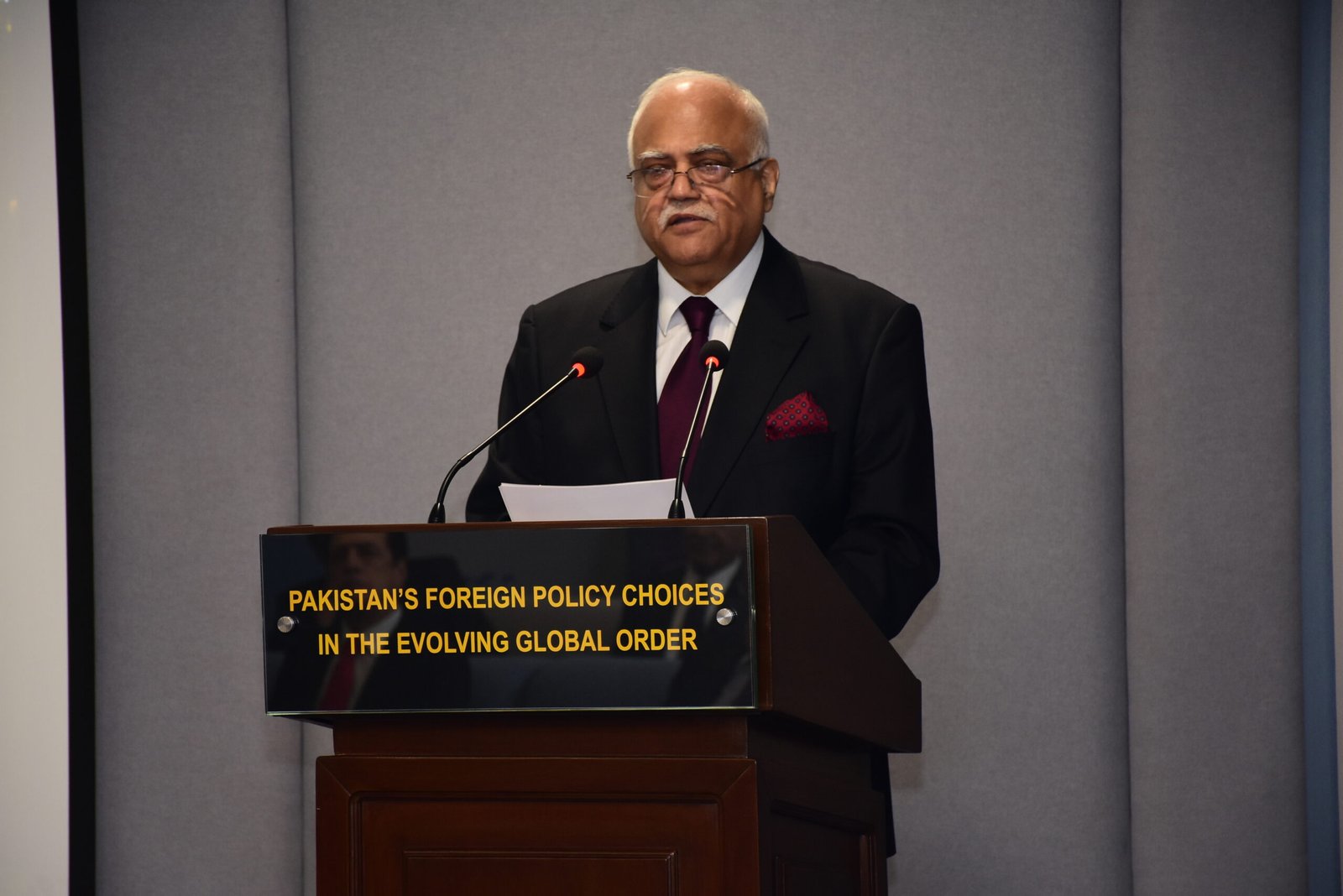
Ambassador (Retd) Muhammad Haroon Shaukat
Director Foreign Affairs, CASS Lahore
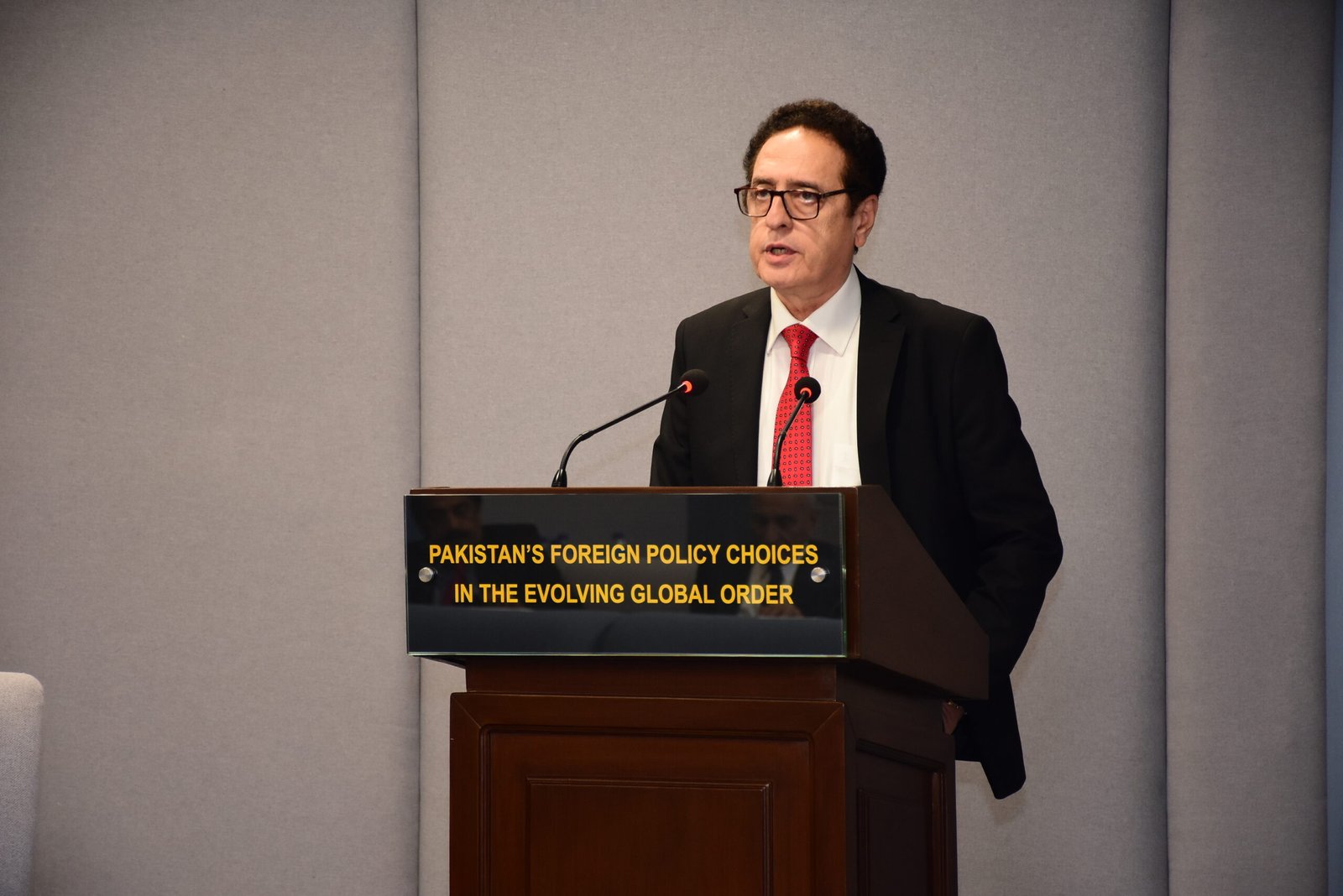
Air Marshal Asim Suleiman (Retd)
President, CASS Lahore
Master of the Ceremony
Researcher, CASS Lahore
Sabina Babar
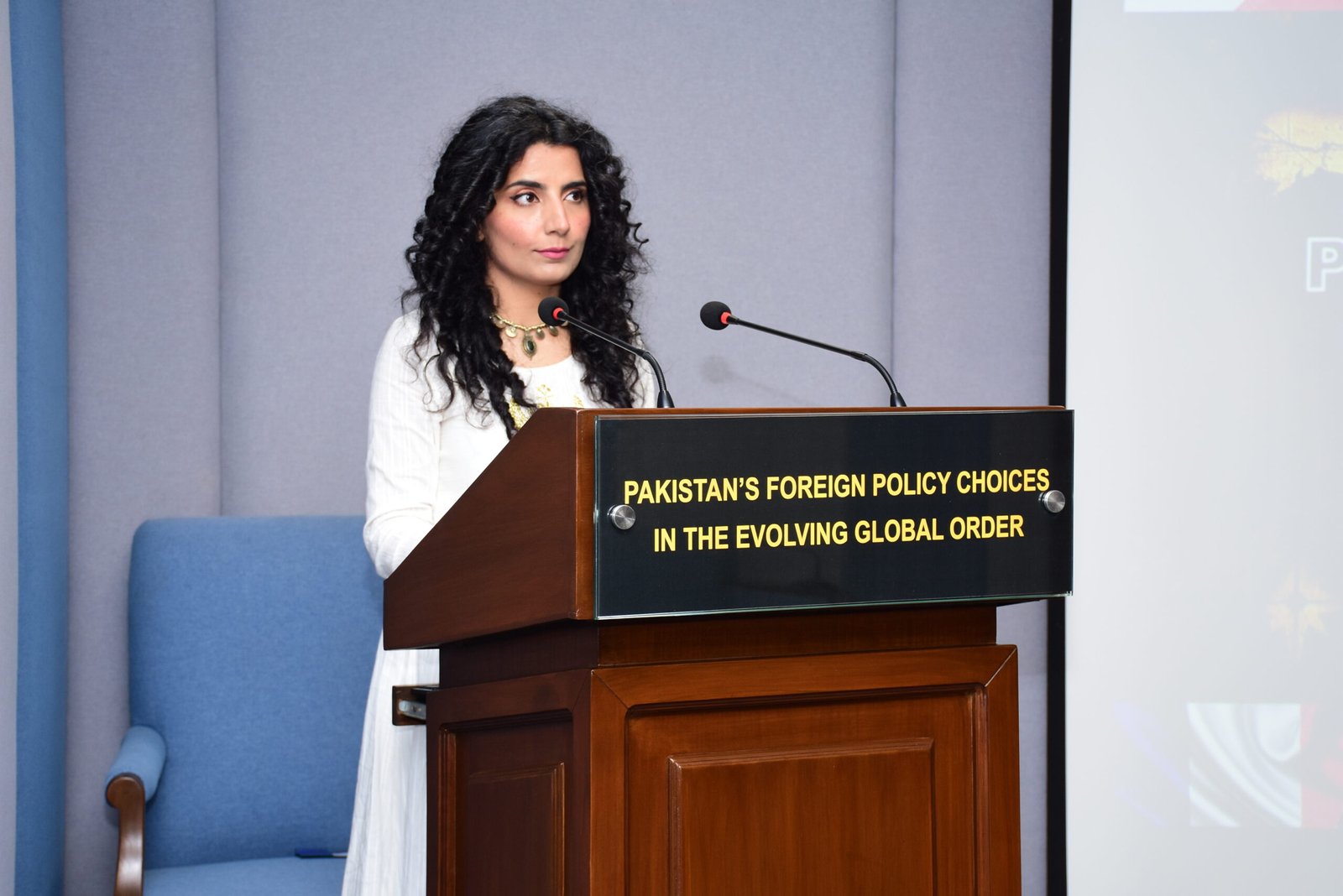
CASS LAhore

The Centre for Aerospace & Security Studies (CASS) was established in July 2021 to inform policymakers and the public about issues related to aerospace and security from an independent, non-partisan and future-centric analytical lens.


